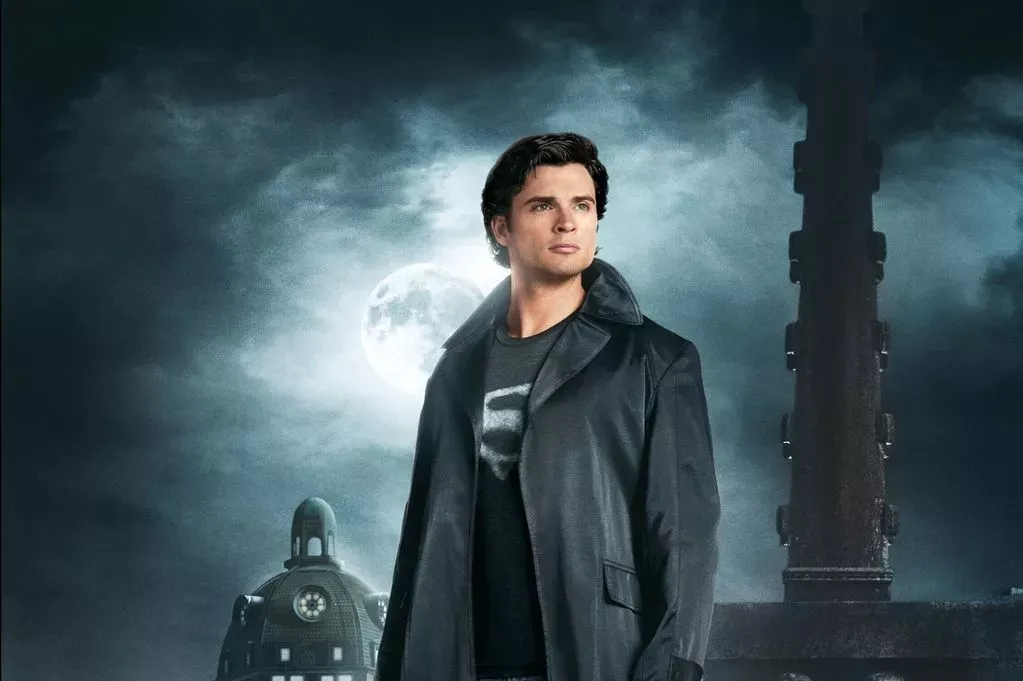Smallville Secrets Revealed: What You Didn’t Know About the Iconic Show!
In the early 2000s, a television phenomenon emerged that would forever change the landscape of superhero storytelling. Smallville, the groundbreaking series that chronicled the early life of Clark Kent, captivated audiences for an unprecedented 10 seasons, becoming much more than just another teen drama.
From 2001 to 2011, the show transformed how viewers perceived the Man of Steel, offering an intimate look into the formative years of one of comic book history’s most iconic characters. Tom Welling, who portrayed Clark Kent, became the face of a generation’s Superman, bringing a vulnerable and relatable dimension to the superhero archetype.
“Smallville wasn’t just about superpowers; it was about the human journey of becoming a hero,” said one television critic.
The series distinguished itself through its innovative storytelling approach, focusing less on traditional superhero action and more on the complex emotional landscape of its characters. Unlike previous Superman adaptations, Smallville delved deep into Clark Kent’s personal struggles, moral dilemmas, and the challenges of discovering and controlling extraordinary abilities.
Key elements that set the show apart included:
- Nuanced character development
- Exploration of friendship and betrayal
- Gradual revelation of Clark’s powers
- Complex relationships between characters
Perhaps the most fascinating narrative arc was the evolution of Lex Luthor, portrayed brilliantly by Michael Rosenbaum. The show uniquely explored Lex’s transformation from Clark’s close friend to his ultimate nemesis, adding layers of psychological complexity rarely seen in superhero narratives.
The cast became cultural icons in their own right. Kristin Kreuk (Lana Lang) and Allison Mack (Chloe Sullivan) were integral to the show’s success, creating a supportive network around Clark’s journey. Erica Durance’s introduction as Lois Lane in later seasons brought additional depth and romantic tension to the storyline.
Smallville wasn’t just a television show; it was a cultural phenomenon that influenced an entire genre. The series paved the way for future superhero television productions like Arrow and The Flash, demonstrating that superhero narratives could be character-driven and emotionally resonant.
The show’s impact extended beyond television. A dedicated fanbase emerged, creating extensive online communities, merchandise, and even comic book continuations. This passionate following transformed Smallville from a mere TV series into a lasting cultural touchstone.
Critical reception was mixed but ultimately positive. While early seasons received varied reviews, the show was consistently praised for its emotional depth and character development. By its final seasons, Smallville had established itself as a definitive interpretation of the Superman origin story.
Interestingly, the series broke television records by running for 10 seasons, an extraordinary achievement for a superhero-themed show. This longevity spoke volumes about its ability to continuously reinvent itself and maintain audience engagement.
As we look back, Smallville stands as a landmark series that reimagined a legendary character for a new generation. It proved that superhero stories could be profound, nuanced, and deeply human.
Final Takeaway: Smallville was more than a show about a superhero—it was a coming-of-age story that resonated with millions, forever changing how we perceive origin narratives in popular culture.
Note: This article is a tribute to the groundbreaking series that captured the hearts of a generation.






Leave a Comment